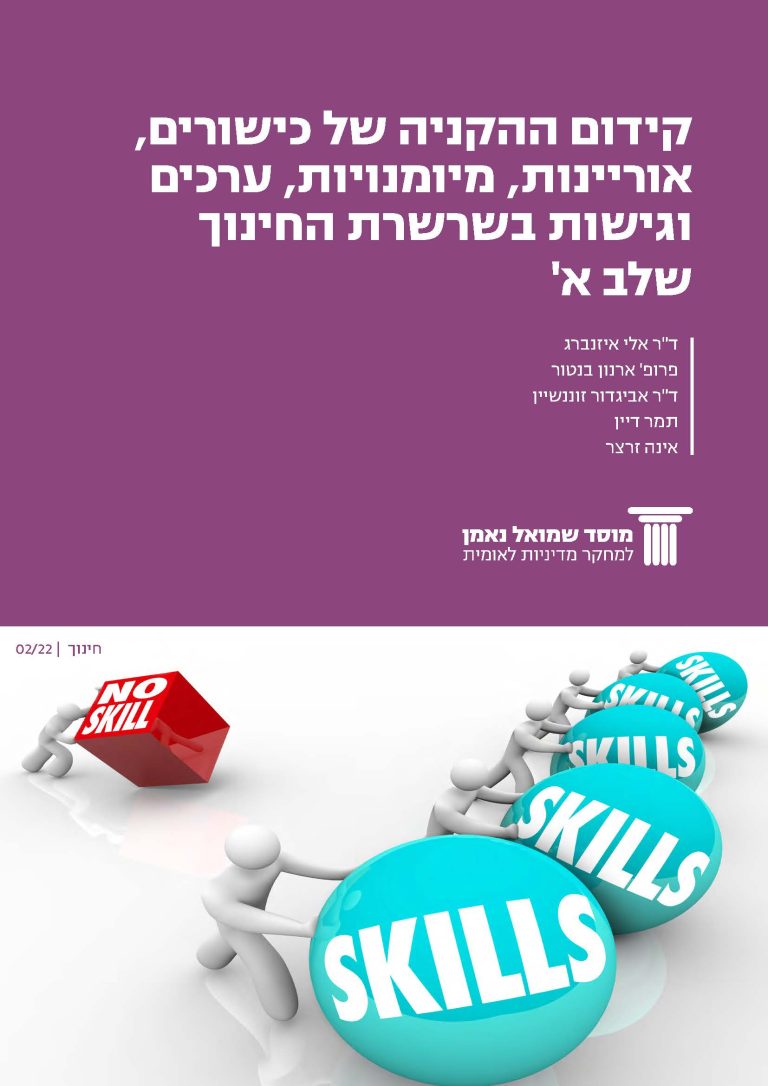In recent years, significant insights have emerged regarding education across its various components, spanning from early childhood education to academia. It is now widely recognized that the mere dissemination of knowledge is insufficient in the modern era. The imparting of skills and competencies has become a crucial mission of educational systems, higher education institutions, and lifelong learning endeavors in the 21st century.
The significance of skills and competencies is underscored by numerous studies conducted in recent years. These studies indicate that the quality of human capital necessary for fostering societal well-being and advancing national economies is not solely contingent on knowledge acquisition. Essential skills and abilities, such as critical thinking, creativity, and self-directed learning, play a pivotal role. In light of this understanding, extensive efforts are currently underway to promote the integration of skills and competencies within various educational frameworks, including schools, academia, lifelong learning programs, and even early childhood education.
Although numerous initiatives are presently dedicated to advancing this agenda, they often operate independently, lacking synergy between them. Moreover, a lack of motivation within the field can stem from a lack of conviction regarding the importance of this issue. One of the root causes for the absence of synergy is the absence of a clear and universally accepted definition of the terms “skills” and “competencies”. The OECD has categorized this domain to encompass competencies, knowledge, skills, values, and attitudes.
This document aims to establish an infrastructure for promoting activities in the field of integrating skills acquisition within educational systems. It seeks to clarify the profound significance of skills and qualifications in contemporary society, while conducting an in-depth analysis of the meanings and definitions associated with skills and competencies, knowledge, values and attitudes. The overarching objective is to create an ecosystem and a shared foundation for all stakeholders involved in this subject. This particular field holds exceptional importance for the State of Israel, as OECD surveys indicate that while the “amount of education and knowledge” in terms of years of schooling is the highest among OECD countries, the quality of education, as reflected in knowledge and skills according to PIAAC surveys, ranks among the lowest.
We anticipate that this document will foster and facilitate the integration and implementation of skills and qualifications acquisition within various educational entities, as well as at the interfaces of the education system, higher education, and career-oriented further training. It is our aspiration that this integration will extend to sectors such as industry, the military, national civil service, and other relevant bodies.












